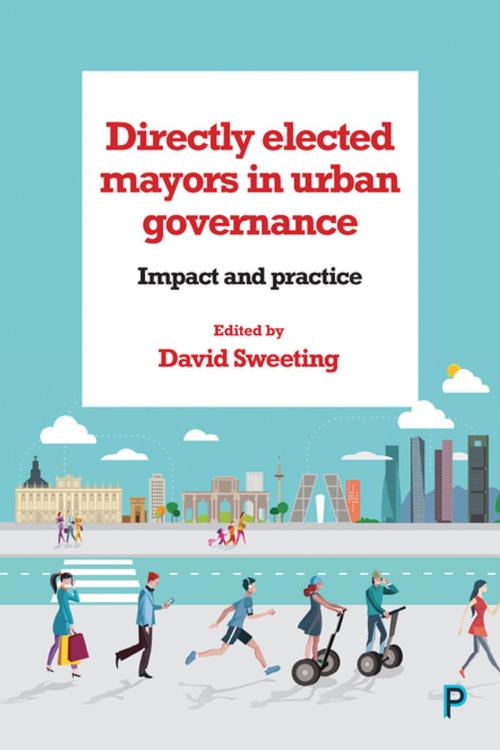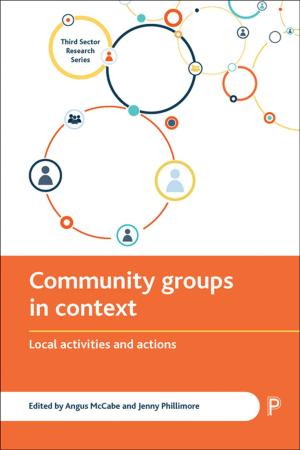Directly elected mayors in urban governance
Impact and practice
Nonfiction, Social & Cultural Studies, Political Science, Government, Elections| Author: | ISBN: | 9781447327059 | |
| Publisher: | Policy Press | Publication: | March 15, 2017 |
| Imprint: | Policy Press | Language: | English |
| Author: | |
| ISBN: | 9781447327059 |
| Publisher: | Policy Press |
| Publication: | March 15, 2017 |
| Imprint: | Policy Press |
| Language: | English |
Directly elected mayors are political leaders who are selected directly by citizens and head multi-functional local government authorities. This book examines the contexts, features and debates around this model of leadership, and how in practice political leadership is exercised through it. The book draws on examples from Europe, the US, and Australasia to examine the impacts, practices, and debates of mayoral leadership in different cities and countries. Themes that recur throughout include the formal and informal powers that mayors exercise, their relationships with other actors in governance - both inside municipalities and in broader governance networks - and the advantages and disadvantages of the mayoral model. Both qualitative and quantitative approaches are used to build a picture of views of and on directly elected mayors in different contexts from across the globe. This book will be a valuable resource for those studying or researching public policy, public management, urban studies, politics, law, and planning.
Directly elected mayors are political leaders who are selected directly by citizens and head multi-functional local government authorities. This book examines the contexts, features and debates around this model of leadership, and how in practice political leadership is exercised through it. The book draws on examples from Europe, the US, and Australasia to examine the impacts, practices, and debates of mayoral leadership in different cities and countries. Themes that recur throughout include the formal and informal powers that mayors exercise, their relationships with other actors in governance - both inside municipalities and in broader governance networks - and the advantages and disadvantages of the mayoral model. Both qualitative and quantitative approaches are used to build a picture of views of and on directly elected mayors in different contexts from across the globe. This book will be a valuable resource for those studying or researching public policy, public management, urban studies, politics, law, and planning.















